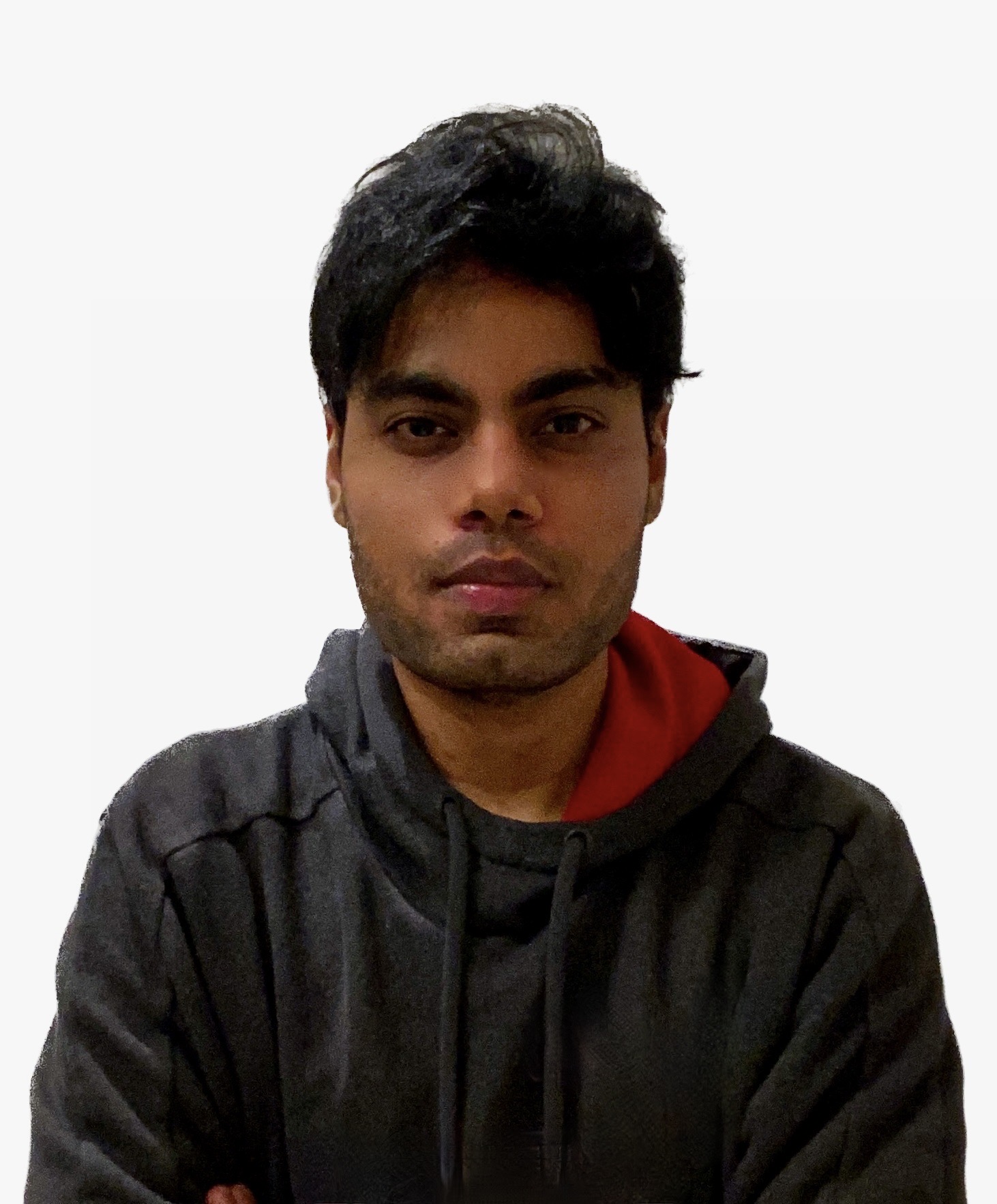Accelerating Edge Computing using In-Network Computing
Vishal Shrivastav, Assistant Professor at Purdue University

Abstract: Edge computing is a key enabler for real time IoT analytics as it significantly reduces the analytics latency by moving the computation close to the IoT devices. However, with emerging IoT applications that can generate large volumes of data per unit time, analyzing all that data at the edge and generating appropriate response in real time remains a challenging problem. We have two representative real-world IoT applications running on our testbed — real-time analytics from AR cameras and sensors for controlling operations on a manufacturing pipeline. Both applications have three key characteristics — they generate large amounts of streaming data, they are closed loop systems, i.e., analysis of the generated data leads to actions, and the desired latency of the loop is small, of the order of a few milliseconds. Analyzing large volumes of data in real time requires substantial compute resources at the edge, ranging from high-speed CPUs and GPUs to custom processing units such as TPUs. This not only increases the cost of deployment, but also comes with high power (and cooling) overheads. Further, load balancing the computation across the heterogeneous set of compute resources at the edge is also challenging, especially given that the resource availability is expected to change dynamically. In this talk I will talk about how we can use in-network processing using programmable routers to accelerate the IoT analytics pipeline by carefully offloading certain key computations from the edge servers to the routers, thus delivering a cost and power efficient edge computing infrastructure that can do real time analytics over large volumes of data at ultra low latencies.
Biography: Vishal Shrivastav is an Assistant Professor in the School of Electrical and Computer Engineering at Purdue University. His research interests are broadly in computer networks and systems, and more specifically, in datacenter networks and programmable networks. Vishal holds a Ph.D. and an M.S. from Cornell University and a B.Tech. from Indian Institute of Technology, Kharagpur. His work has been recognized with a National Science Foundation CAREER Award, a Google Research Scholar Award, and a Cisco Research Award.
Cost-Aware Machine Learning on Network Traffic
Francesco Bronzino, Associate Professor at École Normale Supérieure de Lyon

Abstract: Applications of machine learning to networking, from performance diagnosis to security, have conventionally relied on models that are trained on offline packet traces, without regard to the limitations of existing measurement systems nor the cost of gathering, computing, and storing the corresponding input features. As a result, there remains a significant gap between the development of statistical models for network operations and their application and systemization in practice. In this talk, we explore and identify a number of challenges that impact our ability to operationalize machine learning models in modern networks. Building on the lessons learned from a 16-month deployment, we design and develop Traffic Refinery, a new system that enables the joint evaluation of both the conventional notions of machine learning performance (e.g., model accuracy) and the systems-level costs. Traffic Refinery both highlights this design space and makes it possible to explore different representations for learning, balancing systems costs related to feature extraction and model training against model accuracy.
Biography: Francesco Bronzino is Associate Professor (Maître de Conférences) at École normale supérieure de Lyon and at Laboratoire de l'Informatique du Parallélisme (LIP). His research interests broadly cover the Internet infrastructure and the services that populate it, focusing on how to leverage emergent technologies to engineer software systems designed to measure and improve network service performance. His work has been published in top-tier conferences in this area such as ACM Sigmetrics, IEEE/ACM SEC, and PAM. He is currently the coordinator of the ANR-NSF MINT project as well as a scientific lead for the ANR PARFAIT project. Francesco received his Ph.D. in Electrical and Computer Engineering from WINLAB at Rutgers University, working on the design of name based services for future Internet and mobile network architectures. He previously was a research scientist at Nokia Bell Labs as well as a post-doctoral fellow at Inria Paris.


